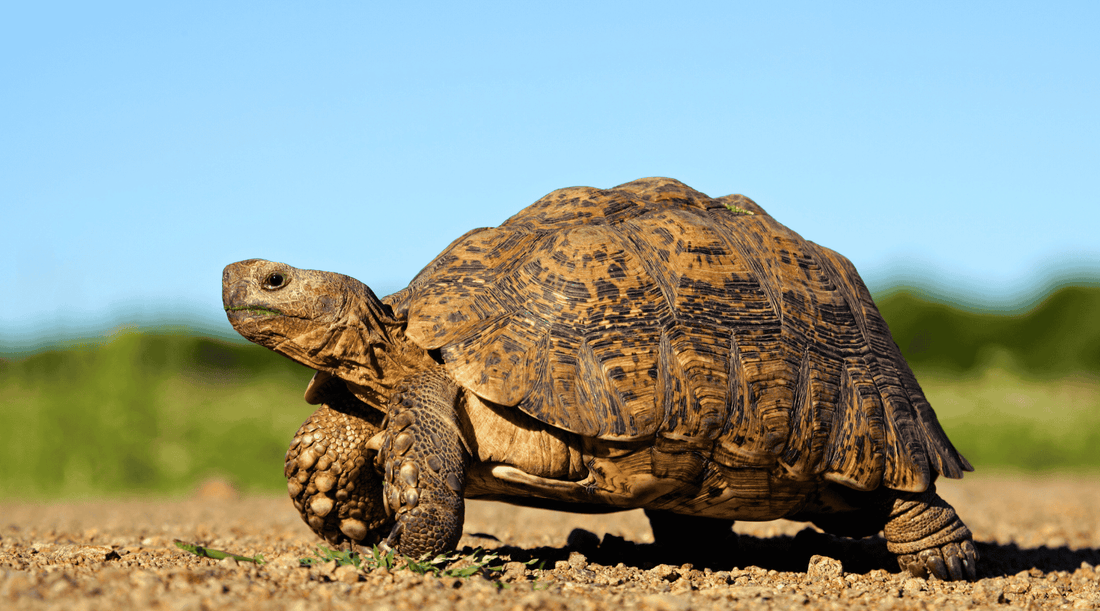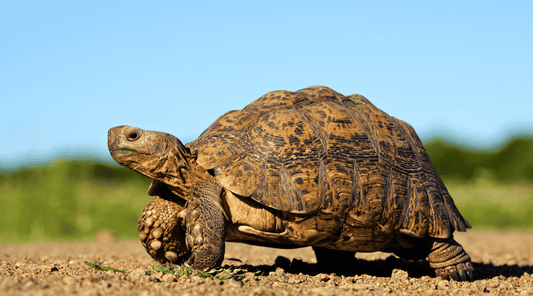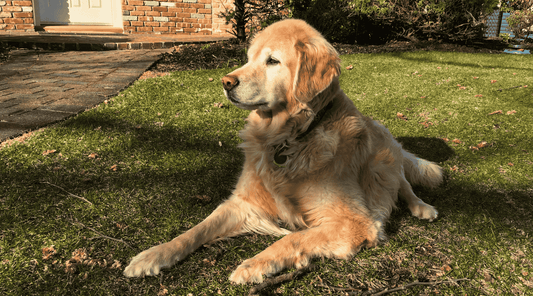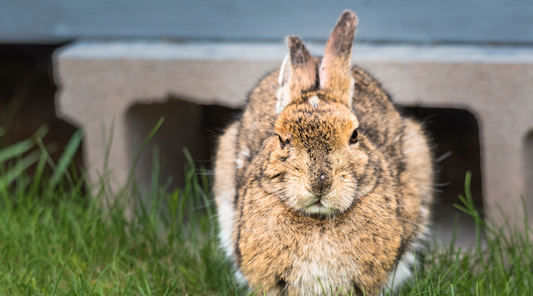
From Dogs to Dragons: The Diverse Pet Landscape in the UK
In the vibrant tapestry of pet ownership across the UK, the diversity of beloved animal companions is as rich as it is fascinating. From the bustling streets of London to the picturesque suburbs of Essex, Woking, Reading, and Surrey, the choices of pets reflect both traditional preferences and more eclectic tastes. While dogs and cats remain the stalwarts of companionship, there's a growing fondness for unique and exotic pets, including reptiles and small mammals, that are capturing the hearts of many. This diverse pet landscape speaks volumes about the evolving relationship between humans and animals, offering a glimpse into the unique considerations that come with caring for different pets in the UK. As we delve into this charming world, we'll uncover not just the types of pets people cherish, but also the heartwarming stories and peculiarities that make each pet's journey special.
Exploring Pets in the UK
The pet landscape in the UK is as varied as its landscapes. While traditional pets like dogs and cats are popular, there is a fascinating array of other animals providing companionship. In this section, we'll explore what types of pets are common in different regions, shedding light on the choices pet owners make and why.
Common Pets in London and Essex
In London and Essex, the bustling urban environment often dictates pet choices. Dogs, particularly smaller breeds, and cats are popular due to their adaptability to apartment living. Families often opt for pets that can thrive in limited space, offering companionship without needing vast outdoor areas.
Another commonly seen pet in these areas is the humble fish, which fits well within the compact living spaces of Londoners. Fish tanks can be customised to any size, making them a flexible option for urban dwellers. Moreover, fishkeeping is seen as a soothing hobby amidst the city's hustle and bustle.
Rabbits and guinea pigs are also popular, especially in Essex's suburban areas where gardens provide ample space. These small mammals offer a taste of nature and are loved for their gentle dispositions and the joy of outdoor play.
Unusual Pets in Woking and Reading
In Woking and Reading, pet owners are embracing the unusual. Reptiles such as lizards and snakes have found homes here, appealing to those looking for something different. These pets are low maintenance and offer an intriguing glimpse into the world of exotic creatures.
Snakes like the corn snake are favoured due to their docile nature and relatively straightforward care requirements. Although they might not be everyone's cup of tea, their unique presence is undeniably captivating and educational.
Lizards, such as bearded dragons, are another popular choice. Their distinctive appearance and endearing behaviours make them fascinating pets. They require specific environmental conditions, like heated enclosures, which suit the dedicated pet enthusiast.
Amidst this backdrop, birds such as parrots offer vibrant companionship, known for their intelligence and mimicry, adding a splash of colour and sound to homes.
Pet Preferences in Surrey
Surrey's lush landscapes influence pet preferences significantly. Here, larger dog breeds such as retrievers and spaniels are often seen, making the most of the county's abundant outdoor spaces. These dogs enjoy the freedom to explore, benefiting both pet and owner with shared outdoor activities.
The area is also home to a community of horse enthusiasts. Horses require substantial commitment, including space and resources, but for many in Surrey, they represent a passion and lifestyle choice, not just a pet.
Cats continue to be popular, with many enjoying the freedom to roam the countryside. Their independent nature and ability to adapt to both indoor and outdoor environments make them ideal for the Surrey lifestyle.
For those with a penchant for the exotic, Surrey also sees a fair share of hedgehog keepers, drawn to their unique charm and relatively low maintenance needs.
Considerations for Different Pets in the UK
When choosing a pet, various factors come into play. From space and lifestyle requirements to financial considerations, different pets demand different commitments. This section discusses key considerations every potential pet owner should bear in mind.
Lifestyle and Space Requirements
Lifestyle is a significant factor in pet ownership. Different pets require varying amounts of space and attention. For instance, dogs need regular walks and exercise, whereas cats can be more independent, making them suitable for busy owners.
Space is another critical consideration. Large pets like dogs or horses need ample room to roam. For city dwellers with limited space, smaller pets such as fish or birds might be more appropriate.
- Dogs: Require outdoor space and regular walks.
- Cats: Can adapt to smaller spaces but need enrichment.
- Fish and Reptiles: Space depends on tank or enclosure size.
- Small mammals: Need cages but also benefit from outdoor runs.
Understanding these needs helps ensure the chosen pet fits well with the owner’s lifestyle and living conditions.
Financial Commitment and Care
Owning a pet involves a financial commitment that goes beyond initial purchase costs. Ongoing expenses include food, healthcare, and other essentials. Awareness of these costs ensures pet owners can provide consistent and adequate care.
Healthcare costs can vary widely. Regular vet visits, vaccinations, and unexpected illnesses must be budgeted for. Pet insurance is an option some owners choose to mitigate these costs.
- Dogs: Higher food and healthcare costs.
- Cats: Moderate expenses, primarily in healthcare.
- Reptiles: Initial setup can be costly.
- Birds and Fish: Generally lower ongoing costs.
Budgeting for these expenses can prevent financial strain and ensure pets receive the care they need throughout their lives.
Emotional and Social Aspects
The emotional bond between pets and their owners is profound. Different pets offer varying levels of interaction and companionship, impacting the owner's social and emotional life. Dogs, known for their loyalty, provide constant companionship and emotional support.
Cats, while more independent, also offer comfort and companionship in their unique way. They are often seen as stress relievers, providing affectionate interactions when least expected.
- Dogs: High interaction, emotional support.
- Cats: Independent but affectionate.
- Birds: Interactive and engaging.
- Reptiles: Less interactive, more observational.
Understanding these emotional dynamics can help potential pet owners decide which animal best suits their social and emotional needs.
Embracing Unique Animals
Unique pets are gaining popularity across the UK. Embracing these animals can bring joy and a sense of adventure into one's life. This section explores the quirky and fascinating world of exotic pets and what it takes to care for them.
The Quirky Side of Exotic Pets
Exotic pets offer a quirky charm that's hard to resist. From the vivid colours of parrots to the mysterious allure of reptiles, these pets provide a unique experience for their owners. Their care often involves specialised knowledge, which can be a rewarding challenge.
Parrots, with their vibrant plumage and intelligence, are both entertaining and demanding. They thrive on interaction and can mimic human speech, providing endless amusement.
Reptiles, like snakes and lizards, require carefully controlled environments. Their needs include specific temperature and humidity levels, which can be intriguing for those interested in learning about their natural habitats.
These pets are not just companions but also conversation starters, offering unique insights into the animal kingdom.
Stories of Uncommon Companions
Stories of uncommon companions often highlight the unique bonds owners form with their exotic pets. Take, for example, the tale of a Surrey family who adopted a tortoise named Timmy, who quickly became a beloved family member.
Timmy's slow, deliberate movements and long lifespan meant he became a constant presence in their garden, an ever-reliable companion through the years.
- Timmy the Tortoise: A family pet for over 50 years.
- Long-term commitment: Lifespan of decades.
- Unique behaviours: Burrowing and hibernation.
Such stories illustrate the deep connections formed with these pets, showcasing their ability to enrich lives in unexpected ways.
Navigating Specialised Care Needs
Owning an exotic pet often involves navigating specialised care needs. These animals require specific diets, habitat conditions, and veterinary care, which can be daunting but also an opportunity to learn and grow as a pet owner.
- Research the specific needs of the pet before acquisition.
- Set up the appropriate environment, such as tanks or enclosures.
- Consult with exotic pet veterinarians for health advice.
- Join support groups or online communities for shared experiences and advice.
- Understanding these requirements is crucial for the well-being of the pet and ensures a fulfilling experience for the owner, fostering a deeper appreciation for the unique aspects of these animals.



